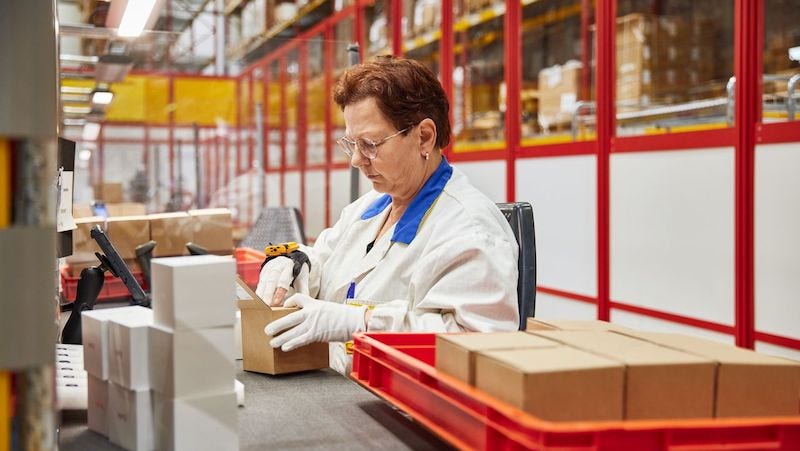Despite pandemic-driven supply chain disruptions, the Philippines continued to experience recovery growth in exports, facilitated by the sale of coconut oil, which indicated that the food industry plays a significant role in the country’s overall exports.
Regarding the value of local food products overseas, there is unrealized export potential in East Asia and the European Union (EU). This article will explore more about these food products for export, how you can export them and why choosing DHL Express as your reliable logistics carrier will go a long way in ensuring smooth deliveries.
The Philippines food products export industry
In the Philippines, the food service sector generated revenues amounting to US$8.55 billion in 2020, as revealed by Statista. The International Trade Center also reported that exports of agriculture, food, and beverages can bring in revenue of about US$10 billion. While East Asia is the country’s largest export market, the EU offers untapped potential. By addressing the frictions that hinder movement of food to the region, exporters in the Philippines can enjoy significant increases in revenue streams on top of those that are drawn from East Asian counterparts.
Some of the popular food products for exports from the Philippines include mangoes, bananas, pineapple, tuna, cocoa, coconut and the aforementioned coconut oil. The country alone, revealed by the Philippine Coconut Authority, accounts for 60% and 73% of coconut oil and crude coconut oil imports in the United States.
How can I export my product from the Philippines?
Local businesses looking to jumpstart or expand their export business in the global food industry can consider the following tips:















